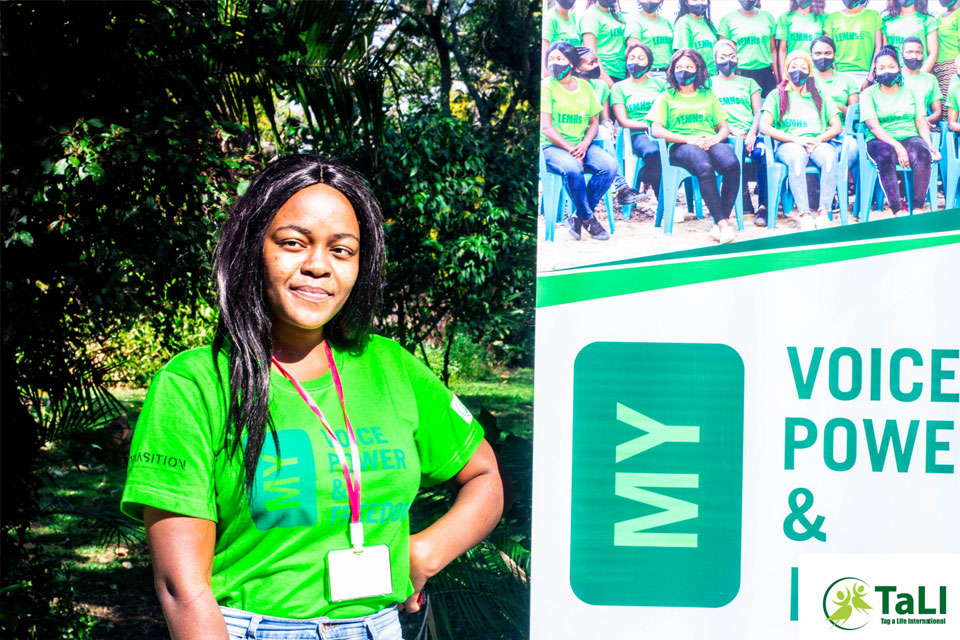My Voice, Power and Freedom
The global pandemic Covid-19 has led to a significant increase in restrictions on the freedom of movement of people worldwide, exclusion of women in shaping and influencing the response strategies has further eroded human rights and the rule of law. As the Corona Virus continue to impact on the world, story headlines in newspapers and online on the impact of Covid-19 continue to be general leaving out women. In our own country as Zimbabwe it is agreed that gender based violence cases spiked due to lockdowns. The women and girls who have experienced the worst from this Covid-19. Despite the increase in human rights abuses that are being perpetrated by the state against journalists and human rights activists who have been speaking against the government corruption in Zimbabwe on Covid-19 resources, women and girls voices are in the peripherals. The harassment and attacks both on and offline was amplified further during the pandemic and it is currently a new normal.
Women constitute 62% of the world population, but they continue to suffer from undelivered democracy, they are at times punished for speaking out, denied access to freely express themselves on platforms such as the state media, being over sexualised and scandalized even in independent press; bullied and violated on and off the internet. Freedom of expression and access to media is a critical component of democracy and achieving human rights, it allows citizens to hold the government accountable and influence gender sensitive implementation of policies. It allows society to shape its own narrative and participation of women and girls in media is a basic requirement in shaping the Zimbabwe we all want. The Absence of womens voices from broader development and human rights issues in the media and press is denial of their human rights specifically freedom of speech. Young women must be allowed their voices in spaces and TaLI trained girls and young women in citizen journalism to be able to be the voices in their communities especially those communities that are poor and under-represented.

